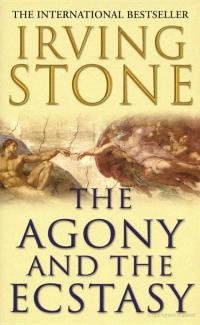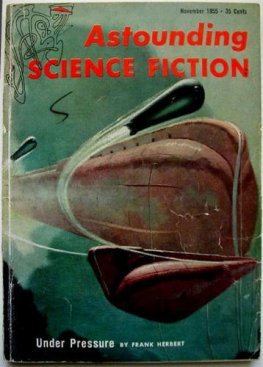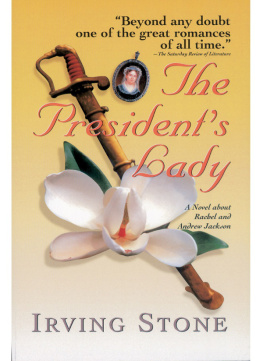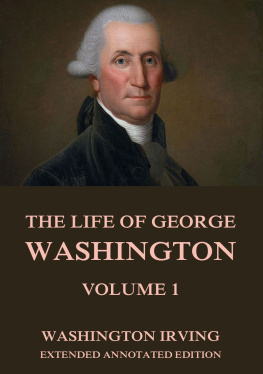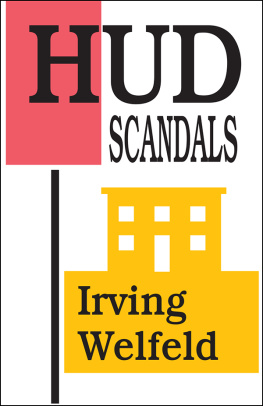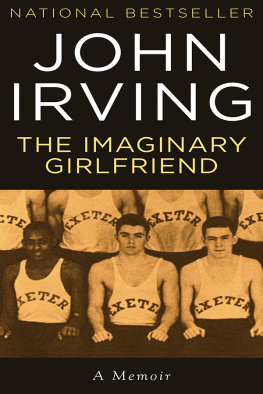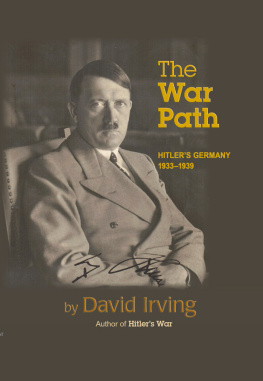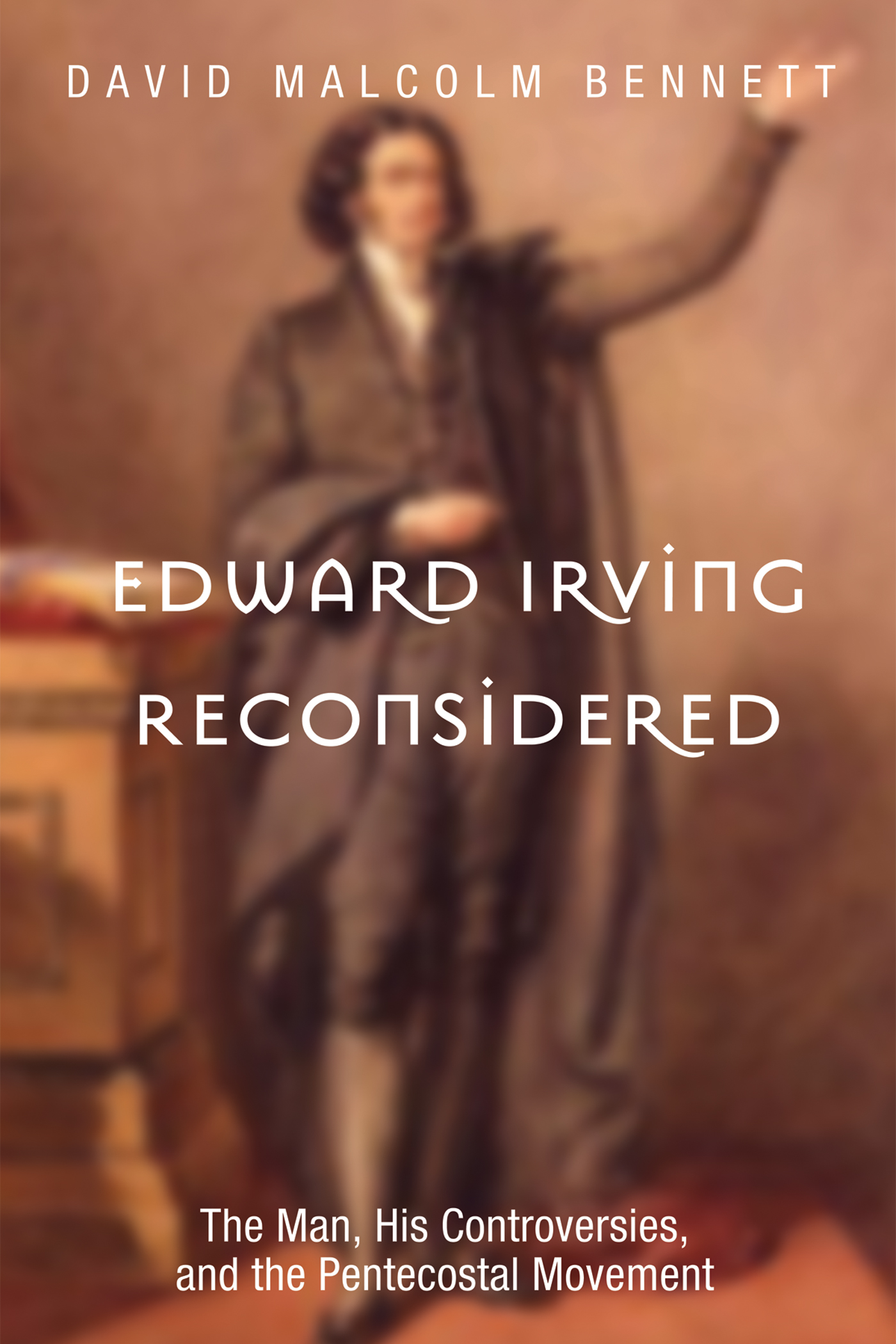Preface
Edward Irving possesses more of the spirit and purposes of the first Reformers... than any man now alive; yes, than any man of this and the last century. I see in Edward Irving, a minister of Christ, after the order of Paul.
Samuel Taylor Coleridge
It is a strange fact of history that this minister of Christ, after the order of Paul, was eventually removed from the church he had made famous, expelled from his denomination for heresy, and at the end of his brief life, was demoted in the very sect that emerged from his ministry. He is not well known in todays church. Those that do know him either reject him as a pariah or cautiously praise him as a prophet. The story of Edward Irving is, indeed, a strange one. It is time that his extraordinary life was reconsidered and his teachings reassessed.
To do this, we will draw on many sources. The most important of these is The Life of Edward Irving by Mrs. Margaret Oliphant, which in its two-volume edition runs to nearly nine hundred pages. It is cautiously sympathetic. However, Mrs. Oliphant did not understand Irvings theology, which limits her books usefulness. She saw his greatness, but was uneasy about his later ventures into the charismata. Thomas Carlyle called it a loyal and clear, but feeble kind of book and argued that it did not capture the real Irving until towards its end. The book is, in fact, not quite as clear as Carlyle seems to have thought, and it is also rather wordy.
Another very important source is The Diary and Letters of Edward Irving , edited by Barbara Waddington and published in 2012 . Irvings diary is very brief. Irving kept it for only one short period in 1810 . By contrast, there are many letters, some of which are very long, spanning virtually his entire adult life. The letters in this collection, for the most part, do not appear in Oliphant and other older sources. They were written to a host of people, both famous and unknown, and present the very heart of Irving. Viewed collectively, they are both warm and loving, theological and Romantic (in the philosophical sense). The letters show more than a trace of dogmatism and, especially towards the end of his troubled life, are at times critical, but more of groups and ideas than of individuals. It is also striking that many of the letters written in the last few years of Irvings life are very different from those written in earlier periods, both in mood and content.
Two other major sources are from the pen of Thomas Carlyle: his Reminiscences and The Carlyle Letters Online ( CLO) . The CLO archive contains many useful letters by Carlyle and his wife Jane, who both knew Irving well. The lengthy chapter on Irving in Carlyles Reminiscences is a warm-hearted treasure chest of information, particularly concerning Irvings early life, even though Carlyle confessed that the chapter was at least as much about himself as it was about Irving. The Carlyle letters, which relate mainly to the later period of Irvings life, are more critical of Irving. Considering Carlyles tendency to exaggerate, his writings, particularly his letters, have been used with care.
The past twenty years or so have shown a renewed academic interest in Irving, especially in his theology, and several scholars are attempting to reinstate him as a preacher and theologian of merit and depth. There have, in fact, been a large number of learned articles about his theology, plus a few lengthier works. As one writer put it in 2004 , All at once Irving approaches respectability. and this is what has been happening.
This book is first and foremost a biography of Edward Irving, and it will take him very seriously. Its main task, then, will be to reconsider his life, and to do so in depth. However, due attention will be paid to his theology, at least the controversial aspects such as his Christology, his teaching on the Holy Spirit, and his millennialism. To omit Irvings theology would be almost as absurd as telling the story of Houdini and ignoring his escapology. Irving was a theological being, so due attention must be paid to his beliefs.
This volume will not examine the Catholic Apostolic Church (CAC) as such. For although the members of the CAC were often called Irvingites, he was not the leader of that church, nor in the strictest sense its founder, and he died a few years after it began, before it took on some of its distinctive characteristics. We will look at that body only as it connects with Irvings life. That churchs later history, for the most part, will not concern us.
We will, however, look at Irving in relationship to the modern Pentecostal Movement in an appendix. Some of todays Pentecostals and Charismatics see Irving as a man after their own hearts. Others, a little nervous of what they have heard of his Christology, show interest in him, but not enthusiasm. Todays Presbyteriansand he was a Presbyterian ministerusually keep him at arms length, often regarding him as an embarrassment.
So, then, who was Edward Irving? How did he live? With whom did he relate? What made him outstanding? What made him so controversial? What is his legacy? These will be the considerations of this book. It is a compelling storypowerful, yet very sad.
. Coleridge, On the Constitution , .
. Carlyle, Reminiscences (Norton), :, :.
. Thomas Carlyle, journal entry, September and December , 1866 , quoted in ibid., Reminiscences (Norton), :. Please note that both the Froude and Norton editions of Carlyles Reminiscences have been used in research for this book.
. Sutherland, Preaching, .
. Strachan, Pentecostal , .
Acknowledgments
I would like to thank the following people and institutions for their help, which was given in a variety of ways. Their assistance has helped make this book possible.
Individuals: Barry Chant, William Faupel, Keith Griffin, Mark Hutchinson, Annette McGrath, Phil Strong, Timothy Stunt, Barbara Waddington, and Helen Weller.
Libraries: Brisbane School of Theology (formerly Crossway College); Creek Road Presbyterian Church; the Lumen Archives; Malyon College; Queensland Theological College; Social Sciences and Humanities and Fryer Libraries, University of Queensland; and the State Library of Queensland.
Wipf and Stock: For granting permission to quote extracts from The Diary and Letters of Edward Irving , edited by Barbara Waddington, www .wipfandstock.com
The Banner of Truth Trust, Edinburgh: For giving permission to quote from a letter by John Tizard held by that Trust.
Flower Pentecostal Heritage Center: For permission to quote extracts from John Alexander Dowies Leaves of Healing ( 1894 1906 ) , on the Healing Evangelists, 1881 1957 CD.
Special thanks go to Rev. Ian Richards and Michael Madden for critiquing the manuscript, to Pickwick Publications for access to Irvings diary before publication, and to Peter Elliott for early access to his book and permission to quote from it. As always, thanks also go to my wife, Claire, who so graciously tolerates my wild schemes. Most of them, anyway!
Abbreviations
CAC The Catholic Apostolic Church
CLO The Carlyle Letters Online
CLSTC The Collected Letters of Samuel Taylor Coleridge
CMA The Christian and Missionary Alliance
COB The Christian Observer


